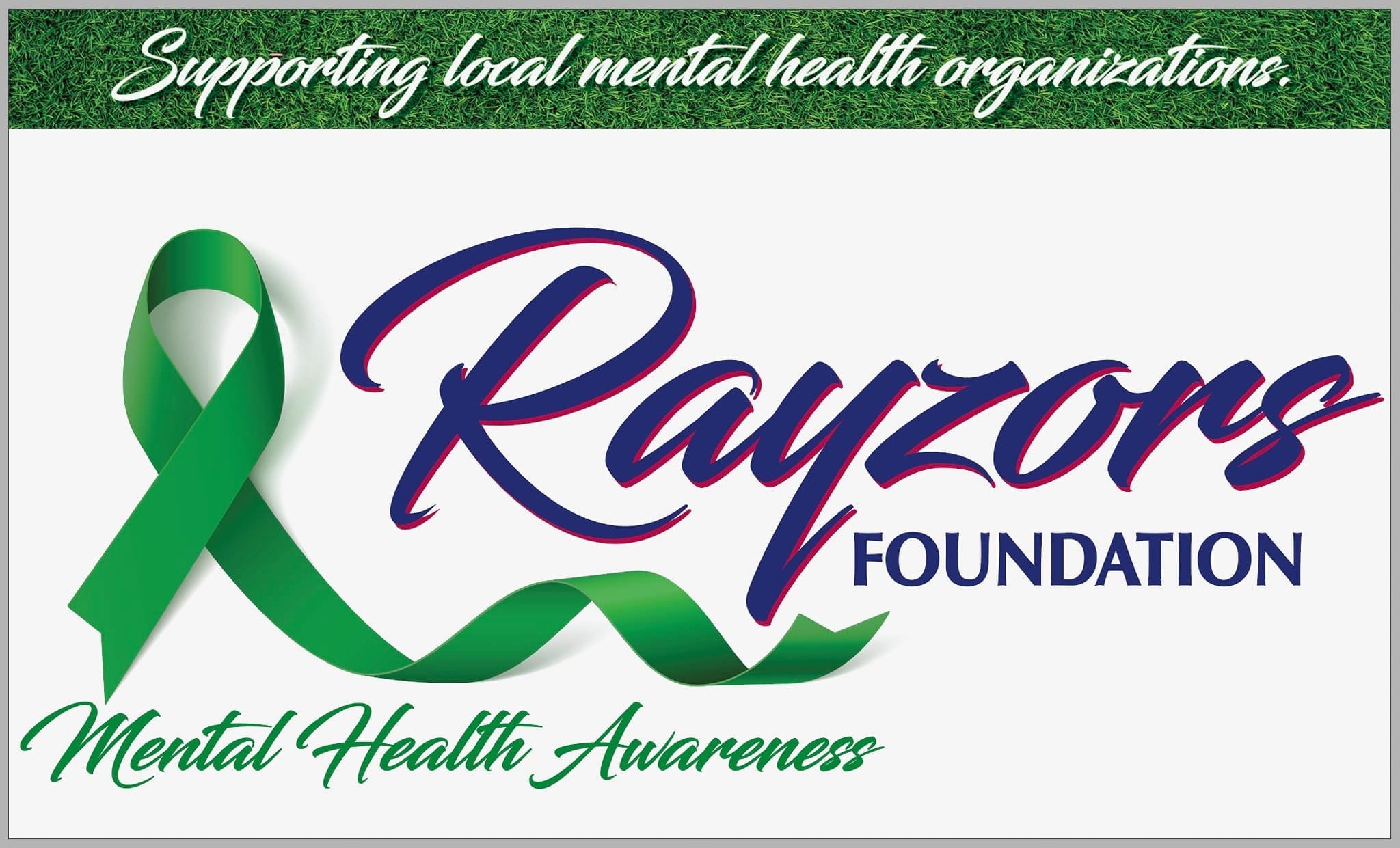 Living with depression interferes with every aspect of your life, affecting both yourself and those around you. According to the National Institute of Mental Health, depression is one of the most common mental illnesses in the United States, affecting over 20 million Americans each year. [1] Luckily, once one is diagnosed, there are several effective depression treatment options available that can help.
Living with depression interferes with every aspect of your life, affecting both yourself and those around you. According to the National Institute of Mental Health, depression is one of the most common mental illnesses in the United States, affecting over 20 million Americans each year. [1] Luckily, once one is diagnosed, there are several effective depression treatment options available that can help.
Wait, depression is a “Mental Illness?”
Everyone has rough days. We all go through periods of sadness, but clinical depression is a serious condition which affects the mind and brain of the individual. BryLin Hospital, based out of Buffalo NY has solidified itself as the trusted name in mental health and depression treatment for adults, adolescents, and children.
How does one know if depression treatment is needed? Although about 70% of individuals with the illness experience a full remission with effective depression treatment, fewer than half of those suffering from depression seek treatment.[2]
- Symptoms of depression include, but are not limited to:
- Persistent sad, anxious or “empty” mood
- Trouble sleeping, either too much or too little
- Loss of pleasure or interest in activities once enjoyed
- Fluctuation in appetite/weight
- Persistent physical symptoms that do not respond to treatment
- Difficulty with concentration, memory, or decision making
- Fatigue or loss of energy
- Overwhelming feelings of guilt or helplessness
- Suicidal thoughts
If you or someone you care about are experiencing five or more of these symptoms for two weeks or more, please contact BryLin to talk to a mental health professional for confidential consultation. BryLin Hospital, based out of Buffalo NY is comprised of inpatient mental health care for children, adolescents and adults and a Center of Excellence for Electroconvulsive Therapy treatment program.
One of the only inpatient mental health facilities in Upstate NY, BryLin Hospital is an (88) bed Inpatient Acute Care Psychiatric Hospital, in Buffalo NY, where care is provided for children, adolescents, adults and older adults. The Child and Adolescent Treatment Program, a crisis care program for kids, offers comprehensive assessment, crisis stabilization and compassionate treatment for children and adolescents (5-17 years of age) who are experiencing acute emotional, mood and thought disorders. Age specific treatment is provided in a safe, supportive, and structured environment. On the Adult Treatment Unit, comprehensive assessment, crisis stabilization and intensive treatment is provided for adults experiencing acute emotional and mental disorders. The program provides treatment for persons 18 years of age and older. Our treatment is person/family centered, trauma sensitive, multidisciplinary in approach and includes many aspects of an individual’s life. This is an acute care hospitalization program where the average length of stay is approximately 5 days.
ECT’s effectiveness in treating severe mental illnesses is recognized by the American Psychiatric Association, the American Medical Association, the National Institute of Mental Health, and similar organizations in Canada, Great Britain and many other countries.
Although marred by misconceptions, ECT is considered a safe, effective, rapid-acting intervention used to treat severe depression and other conditions. Learn more about ECT here.
Again, in the event that you or someone you know is experiencing challenges dealing with depression or mental illness in Buffalo NY or Western New York, look to BryLin for compassionate, experienced, and effective depression treatment. To talk to a mental health professional about at BryLin, please call 716-886-8200.
It’s your choice, choose BryLin Hospital.
[1] Kessler RC, Chiu WT, Demler O, Walters EE. Prevalence, severity, and comorbidity of twelve-month DSM-IV disorders in the National Comorbidity Survey Replication (NCS-R). Archives of General Psychiatry, 2005 Jun; 62 (6): 617-27.
[2] Rupp A, Gause E, Regier D: “Research Policy Implications of Cost-of-Illness Studies for Mental Disorders,” British Journal of Psychiatry Suppl 1998; 36:19-25.


